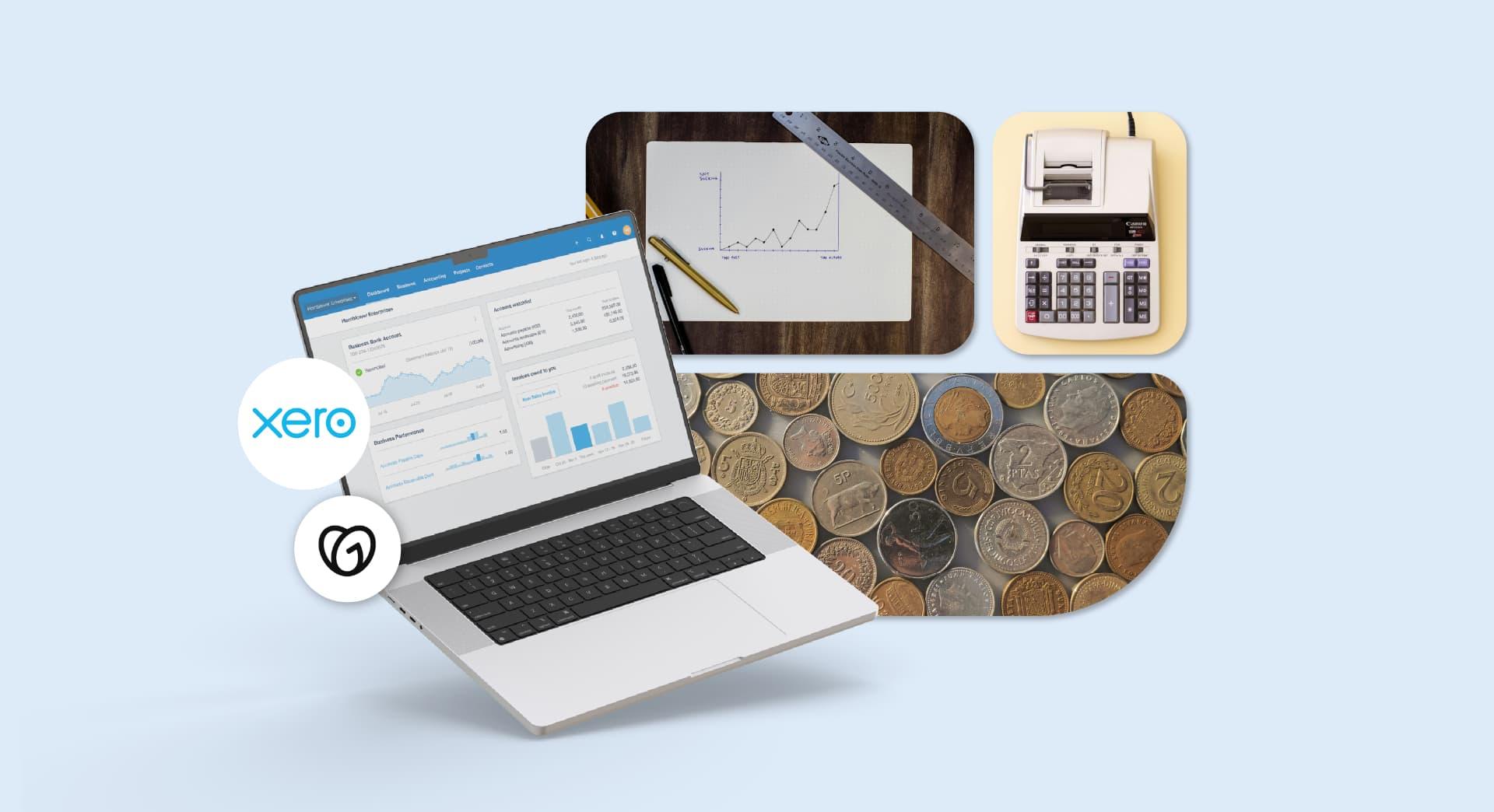The decision to retire is a big milestone. It signifies the end of a person’s working life (or full-time working life), when you reap the benefits of the hard work you’ve put in over the years. Whether you have grand plans to travel the world, or seek a simpler life in a small town, planning is key. In this post, we’ll cover the things you need to know before you transition to retirement.
The average age of retirement in Australia is 62.9 years old.
Saving up a generous nest egg for yourself and your family will allow you to live comfortably and make the most of all your newfound free time.
Keep reading for all you need to bring your career to a close.
Related: Why your small business needs succession planning
How to bring your work life in for a smooth landing
To make your transition to retirement as smooth as possible, it’s important to have a solid plan so you know exactly where you sit financially well before your retirement date. This post will outline:
- Access to superannuation fund and Age Pension
- Planning for unforeseen circumstances.
- Ways to generate funds after retirement.
Every minute you spend planning for your financial future will pay off in a smoother transition to retirement.
1. Access to Superannuation and Age Pension
Superannuation (also known as super) is money that’s been consistently set aside in a fund throughout your working years.
The age at which you can access your funds depends on your preservation age, which is between 55 and 60 years old.

It’s important to keep track of your super fund, especially in the years leading up to retirement. The amount you will have depends on a variety of factors, such as:
- How much has been made in contributions and the salary you earn
- How long it’s been invested
- The type of investment option you’ve selected
- Amount of fees you’ve paid
If you’re unsure about how to manage your super fund, engage a financial advisor who can help you maximise your super before retirement.
Pension
The Age Pension is a government-funded scheme that provides regular payments to help with living costs after retirement. Not everyone is entitled to receive the Age Pension. To be eligible you must:
- Be 65 years old or older
- Satisfy income and asset tests
- Meet citizenship and residency requirements
The amount of money received on the Age Pension varies largely due to various lifestyle and financial circumstances. You can find out more about your eligibility here.
2. Planning for unforeseen circumstances

While you may be daydreaming about travel and relaxation as you transition to retirement, it’s important not to forget the not-so-exciting curve balls that life often throws at us. While you may be in good health when you initially retire, the truth of the matter is that this will most likely not always be the case.
Make sure you have a contingency plan in place if things don’t go as planned.
If yours or your partner’s health takes a turn for the worse, you need funds set aside for medical costs.
And while you may have a retirement plan in place, unexpected costs may require you to find part-time work in order to be able to live comfortably.
It’s important to know the rules about seeking employment once you’ve already accessed your super fund. Again, if in doubt, a financial advisor should be able to guide you through the various rules and regulations around returning to work after retirement.
3. Ways to generate funds after retirement
Returning to work isn’t the only option if you want to make money while in retirement. There are several ways to continue to generate funds, so it’s just a matter of figuring out which ones are best suited to you. Here are a couple of common examples:
Investments
In a nutshell, there are various investments that can generate an income in retirement. If you’re unsure about what is best suited to your circumstances, contact a financial advisor to walk you through your options.
A few examples of retirement investment types are:
- Investment properties
- Interest-bearing accounts and term deposits
- Managed funds
- Capital growth investments
Diversifying your investments is advisable to provide security and avoid putting all of your money into one venture. While it may seem like a good choice, you can never predict what may happen further down the road.
Selling the family home
Putting your family home on the market and downsizing to a smaller living space is a great way to free up cash in retirement. Many couples find themselves living in a house that’s too big for them once their children have moved out, so this is an ideal option.
You can then maximise the funds you generate from the house sale by investing them into:
- Shares
- Term deposits
- Managed funds
- Superannuation
Keep in mind that if you choose to sell your home, this can affect the amount you receive from the Age Pension. So make sure you do your research before putting that ‘For Sale’ sign up.
Plan now for a stress-free transition to retirement
With the right amount of saving and planning, the transition into retirement should be enjoyable. The key steps are:
- Find out when you’re able to access your superannuation and whether you’re eligible for the Age Pension
- Put money aside for unexpected events, such as illness or death of a spouse, loss of income or divorce
- Look into ways to continue making money while in retirement
Once that’s done, sit back, relax and enjoy the fruits of your labour — you’ve earned it.
The information contained in this blog post is provided for informational purposes only, and should not be construed as an endorsement or advice from GoDaddy on any subject matter.







